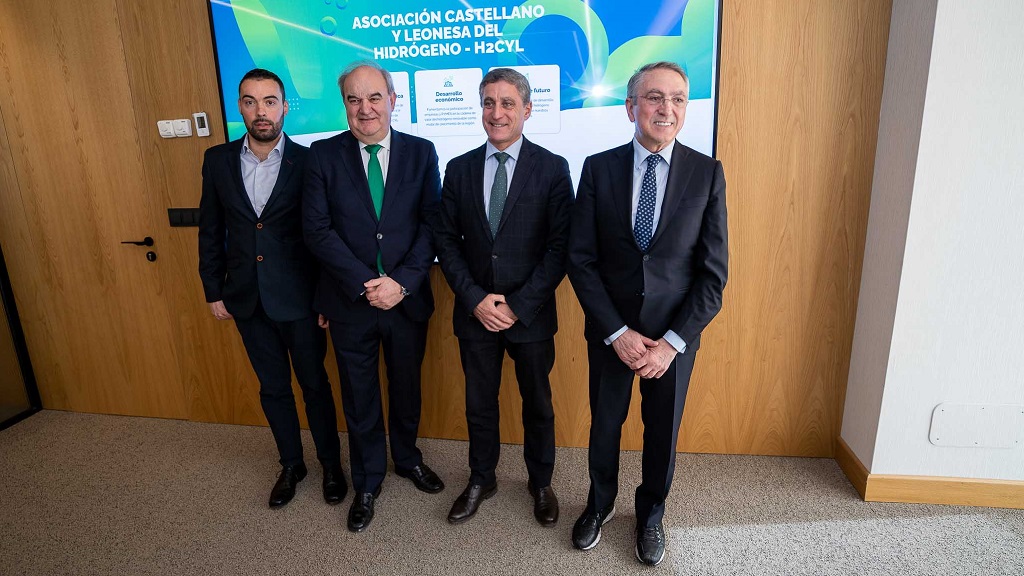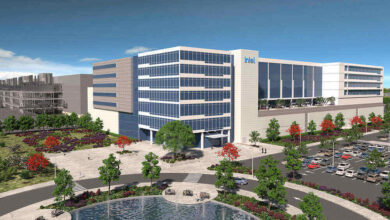
The Castilian and Leonese Hydrogen Association (H2CYL) has been launched thanks to Aciturri, Hiperbaric, Desmasa and Fundación Caja de Burgos. The objective is to make Castilla y León a benchmark in the production and consumption of renewable hydrogen, a key energy vector for the decarbonisation of the economy.
The entity has set itself the mission of promoting and promoting the development of the hydrogen value chain, as a tool for the technological, economic and social growth of Castilla y León. Specifically, it aspires to favor the energy transition by promoting strategies that encourage the use of renewable energy sources, innovation and business competitiveness, job creation and the decarbonisation of sectors such as industry, energy and mobility.
Its strategic lines include taking advantage of the renewable energy potential of Castilla y León; stimulate the consumption of hydrogen as a growth engine of the industrial, economic and social fabric, and promote R+D+i. Under this plan, the association foresees the creation of 3,200 new qualified jobs.
Goals
Among the more specific objectives that the Castilian and Leonese Hydrogen Association has set for 2030, the installation of one gigawatt of electrolysers stands out, with which it will cover 25% of the current demand for hydrogen in Spain (125,000 tons per year). Also bet for hydrogen as a fuel for mobility, It provides for the construction of 16 hydrogen plants, the commissioning of 25 public transport vehicles and between 370 and 550 industrial vehicles powered by hydrogen, and the regional development of the sustainable fertilizer industry.
To meet these challenges, H2CYL considers it essential to generate a regulation and guarantee financing that allows its development; facilitate the technological maturity of the sector, and create the necessary infrastructures.
H2CYL born with twenty associates, among which are project developers and renewable energy generators, such as Capital Energy, Grupo Ibereólica, Ansasol and RIC Energy; photovoltaic engineering and installers such as Abasol, knowledge entities such as CTME, CARTIF and CIDAUT, the University of Burgos; electrolyser manufacturers, such as H2GREEM; operators and distributors of renewable gases, such as Redexis; hydrogen producers and marketers, such as Lhyfe; technology companies, such as DGH Technological Solutions; and potential consumers, such as Benteler, Campofrío and Grupo Joanca.
At present, the project portfolio of the associates adds more than 1,400 megawatts of electrolysis powerwhich will avoid the total annual emission of more than two million tons of CO2.



